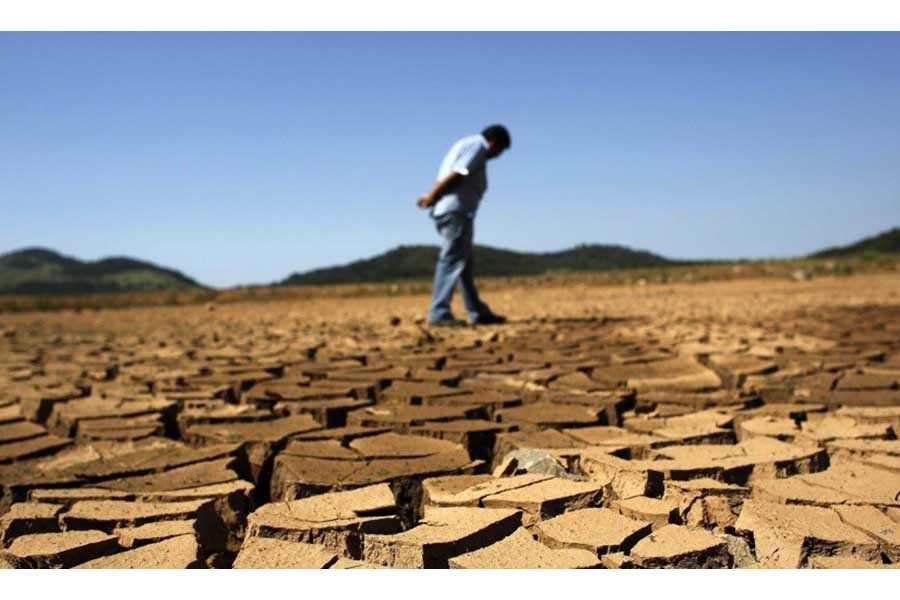Climate change impacts have begun emerging with increased vengeance throughout the globe. Amid repeated hurricanes in the Atlantic and Pacific Oceans, the news of low snowfall on the Alps appears as yet another shock to environmentalists. In spite of the now-familiar glacial displacements in the polar region, and the Himalayas, few were prepared to face this grim development: the continuing cut in the volume of snowfall, which has lately reached a worrying level. People pursuing sport and excursion activities in the Alps region are palpably worried. Is ski, the chief snow-related sport, doomed to become extinct? Europeans, the Swiss in particular, are naturally bracing for more of these veritable absurdities in nature. This is no fiction and very much a mundane fact. It proves to what extent the 20th and 21st century man has been oblivious to the out-of-the-bottle genii, now glaringly tangible in the form of global warming.
The phase of complacency appears to be over. However, many Europeans do not find themselves as star-crossed as the nations which brace for full or partial disappearance caused by sea-level rise. Bangladesh, Maldives, Sri Lanka, etc., are among them. The landlocked European countries have so far been termed comfortably safe. The low snowfall threatening Switzerland's skiing in the Alps' high-altitude resorts appears to be spoiling the occasion's traditional fanfare. Responding to the widespread feeling of dismay, Swiss scientists and ski-lovers have reportedly embarked on a project for creating artificial snow. In effect, this is going to emerge as a make-doing of sorts. For Europe as a whole, the spectre of climate change impacts looms menacingly.
Thanks to the dilly-dallying in implementing the major climate pacts, human future is increasingly being overshadowed by newer types of environmental weirdness. All this appears set to end in an apocalyptic disaster. That nature has often been seen striking humans back after enduring prolonged man-induced assaults is stark reality. Be they rich or poor, every nation is aware of the consequences of behavioural excesses, vis-à-vis nature. Yet carbon emission by the developed and fast developing worlds goes on unabated; many poorer nations remain nonchalant amid wholesale deforestation, biodiversity loss and other environment-hostile acts. However, as an affected and vulnerable global community, these nations also know well who the great polluters are. As the South and Southeast Asian countries, including Bangladesh and India, continue being battered by cyclones and floods, they have only one option open before them --- an eager wait for climate change adaptation funds.


